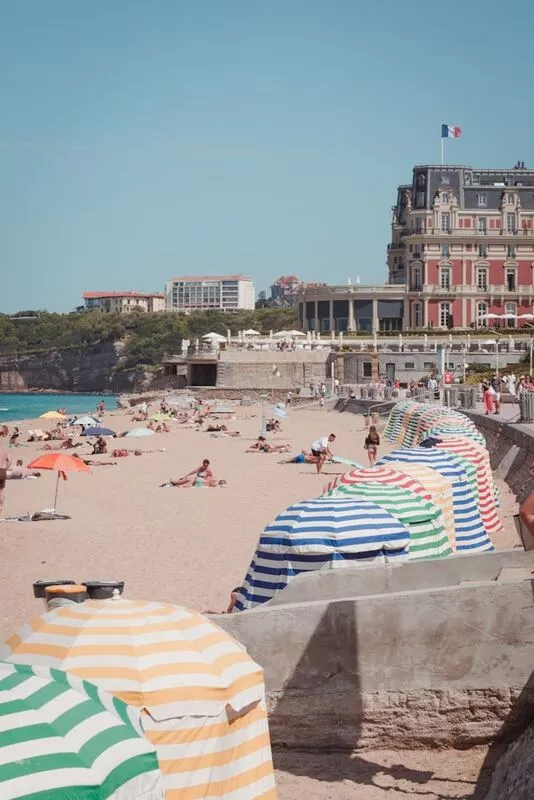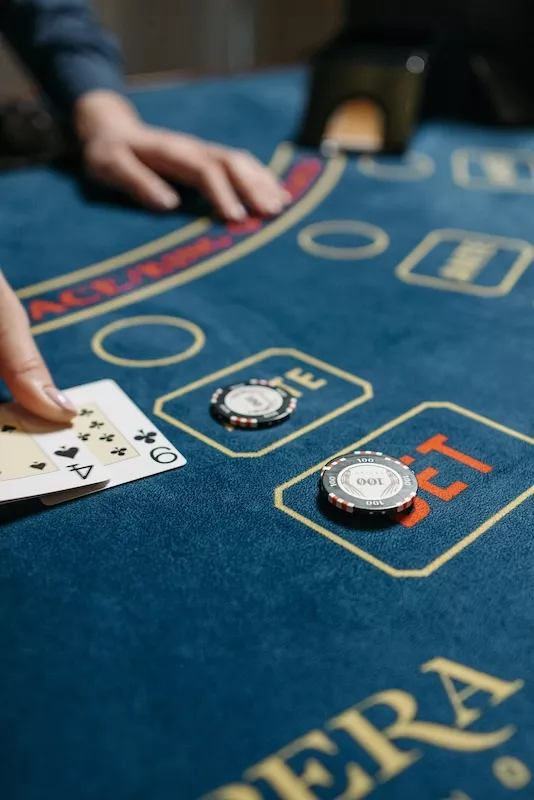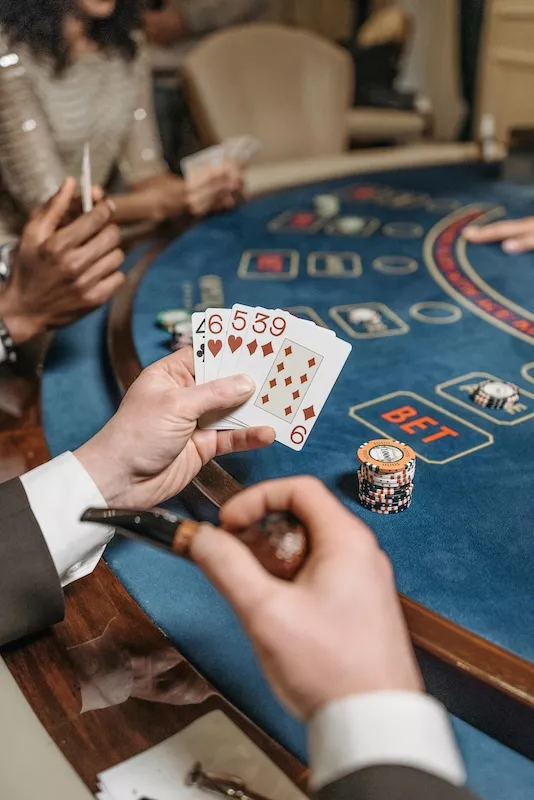
12 French Customs That You Should Be Aware of Before Coming to France
Are you planning a trip to France? If so, there are some customs you should be aware of if you do not want to end up in embarrassing situations. Although many clichés circulate about French culture, there are also unspoken rules you probably never heard of. That is why we prepared this list of the most important things to know about your stay in France.
Do not hug people
While this is a common way of greeting people in America, hugging is not something French people do. They will probably feel embarrassed if you hug them, even if they are very good friends. The traditional greeting is “la bise,” which consists in kissing the other person on the cheeks. Sounds simple? Well, not that much. La bise is reserved for “familiar” situations: with friends or family. You should not use it in formal settings, such as with your superiors at the workplace. And it is about to get more complicated. The number of “bises” depends on the region. In most of the territory, it will be two. However, in some areas of France, it might be 1, 3, or 4. A famous French newspaper even published a map of the traditional number of bises depending on the region. This tradition has been slowly disappearing because of the pandemic, but it is likely temporary.
French breakfast is sweet only
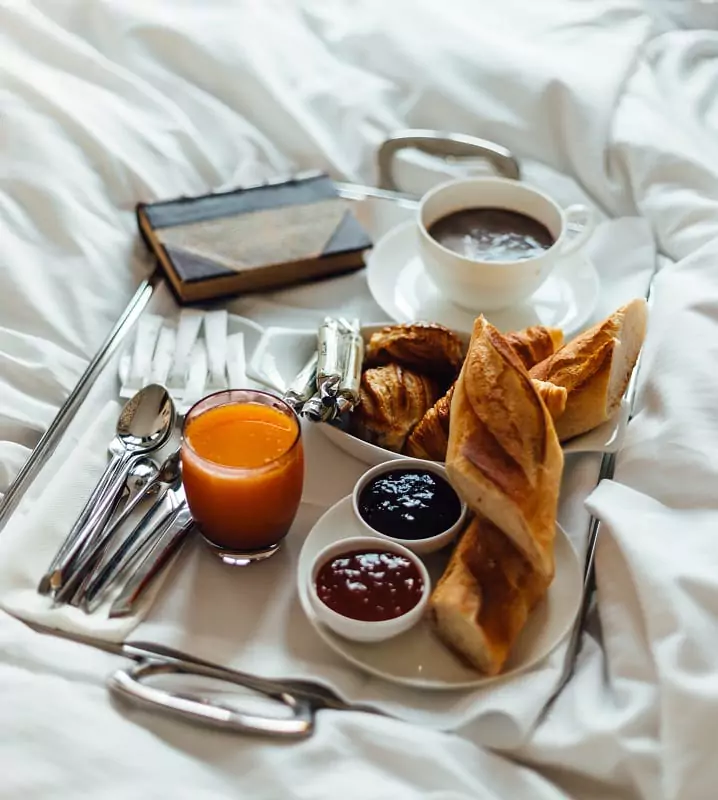
French breakfast. What comes to your mind is probably bread, croissant, coffee, butter, or jam. But you might be wondering where the savoury foods are. Well, nowhere. A typical French breakfast is sweet only. The traditional combo would be some toast from a baguette with butter and jam dipped in black coffee. If you are staying at a hotel, they might serve a “European-style” breakfast, so you will also find some eggs and bacon. Another thing that might come as a surprise is that French people do not eat croissants or pains au chocolat every morning. Families generally wait for the weekend to buy them fresh and eat them together.
Long lunch breaks
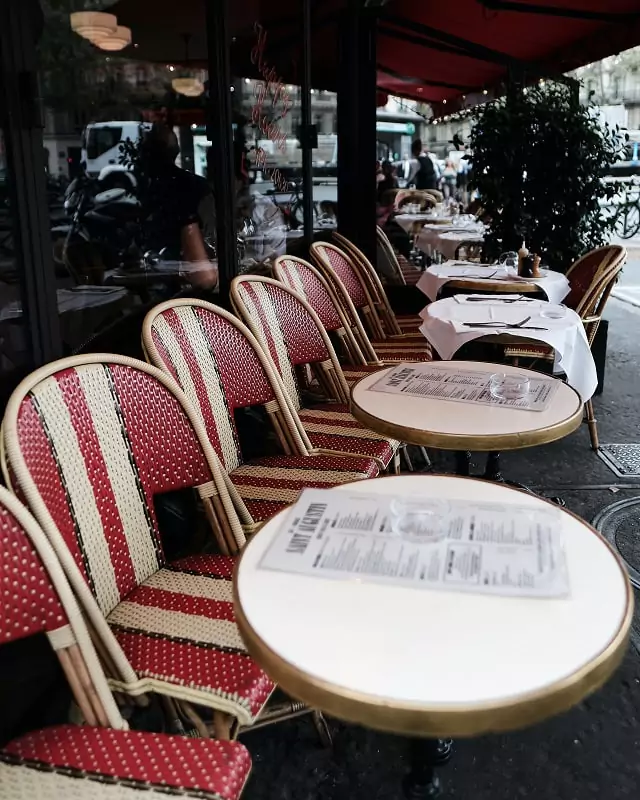
French culture is known to give an important place to food. That is also true with lunch breaks. In North America, a typical lunch break lasts between 30 to 45 min. For French people, having time to eat a proper meal is essential. That is why the lunch break lasts between 1h30 and 2 hours in schools, universities, and most workplaces. It is typically scheduled between 12 pm and 2 pm. You might hear the expression “entre midi et deux” (between midday and two) to designate this lunch break period. Some employees even have time to have lunch at home before returning to work. This tradition implies that you might find some shops or services closed at that time, but it is only true for small structures.
Cheese between main course and dessert
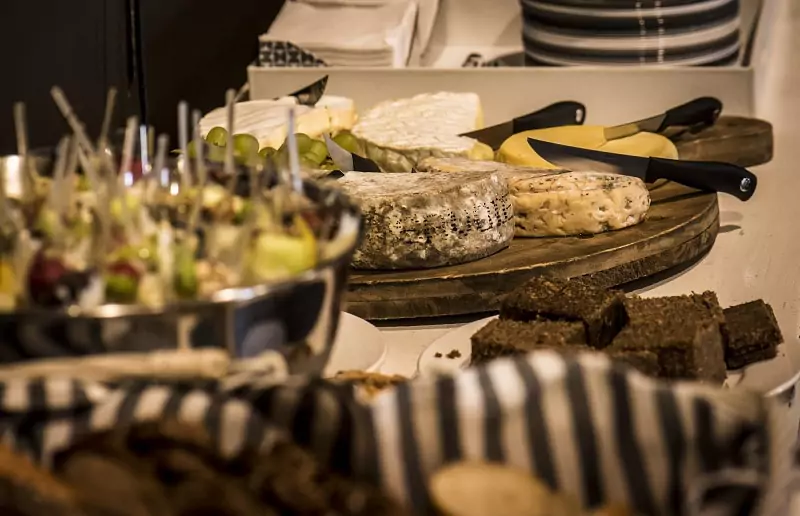
If you end up having lunch or dinner in a French family, you will learn that after the main course is always the time for cheese. Your host will probably bring a platter with a variety of cheeses to eat with a baguette. And when we say variety, we do not mean mozzarella and cheddar. It is estimated that there are around 1200 varieties of cheese in France. Depending on the region, people might have different preferences and traditions. When the cheese is served, you are expected to cut your own slice(s) and pass the platter to the next person.
Dinner starts later (7:30/8 PM)
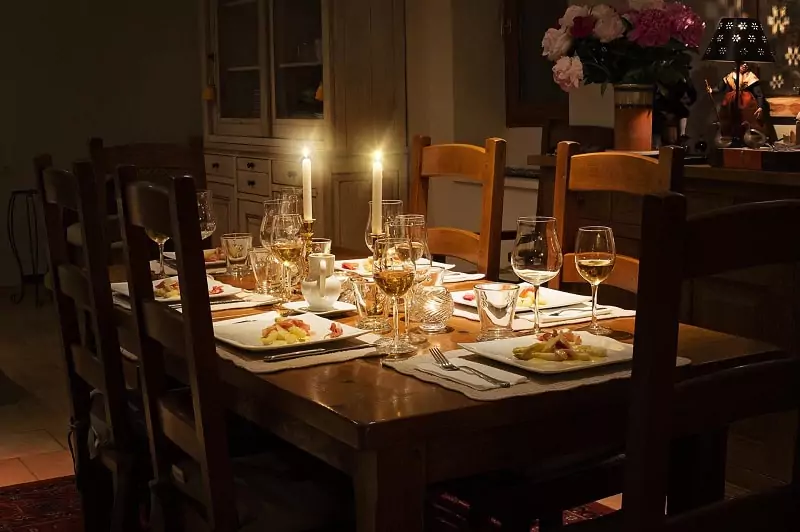
In the USA and Canada, dinner is usually served around 5:30 or 6 pm. Dinner times are different in France. Because of the long lunch break, business hours tend to extend until 6 or 7 pm. As a consequence, dinner does not start before 7:30 or 8 pm. For example, if you are going to a restaurant, the earliest reservation you could get would be 7 pm. Try not to show up before that time since the staff is generally having dinner together before the service, so they are not available yet.
Bonjour/Bonsoir rule
There is one unspoken rule that even French people cannot find consensus on. If you want to visit France, you probably learned the difference between "bonjour" (hello) and "bonsoir" (good evening). The tricky part is to know when to switch from one to the other. The literal translation of bonjour is "good day," so it is perfect before 5 pm. Then it becomes more subjective. Some people will use bonsoir late in the afternoon while others consider it only suitable somewhere after 7 or 8 pm. It will also depend on the season of the year. Since the sun sets around 5 pm in winter, it would feel weird to say bonjour in complete darkness. If you choose one of them and your interlocutor answers with the other one, do not worry! It happens all the time among French people and does not mean you made a terrible mistake.
Tipping policy

There is a huge difference between North America and France's tipping policies. While the salary of servers in the USA almost exclusively depends on tips, it is not the case in France. Servers already receive a salary corresponding to the minimum wage or above. As a consequence, tips are not expected from customers. Most customers will pay for their meal and go without leaving tips, which will not be seen as disrespectful. Tips are given when customers particularly appreciated the service and had a great time. And when they give it, it is not about a percentage. People usually leave some 1 or 2€ coins. But if you still want to leave the usual 15% or 20% tip, go ahead! You might become their favourite customer.
Grocery stores don’t sell medicines

When the French come to North America, it is one of the first differences they notice: the presence of medicines in grocery stores. This might surprise you, but grocery stores in France and Europe are not allowed to sell medicines, even if they are over-the-counter, like paracetamol. You would have to get them at a pharmacy. Be aware that pharmacies are independent entities; you will not find them inside grocery stores. Another thing that you might notice is that you will never see an advertisement for prescription medicines. It is prohibited in France since they do not want to promote the use of potent, potentially dangerous drugs to the general public.
Most stores and malls close on Sundays
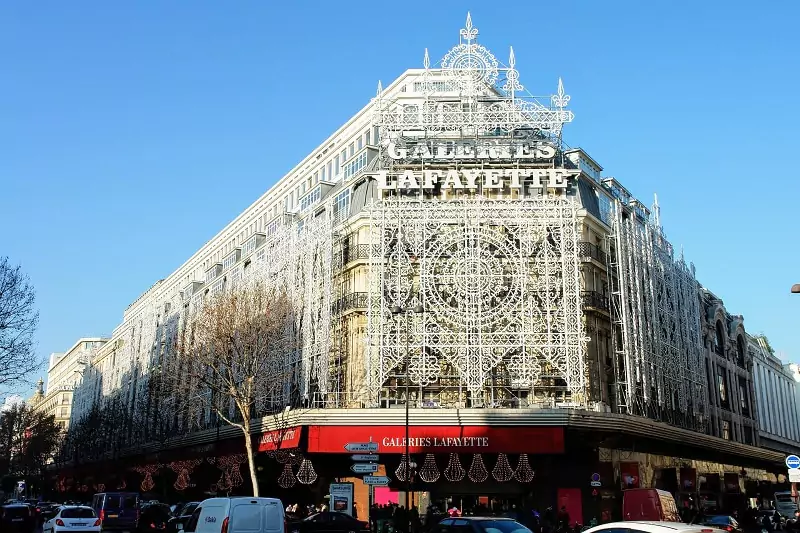
At the top of the list of things that annoy tourists and expatriates in France is the closure of stores on Sundays. Yes, even grocery stores, pharmacies, and malls. It is a custom that French people are used to. They know that if they need to buy something they will have to do it during the week or on Saturdays. The closure on Sundays allows employees to have a fixed day off and enjoy family time. However, more and more stores start to open on Sundays to have a competitive advantage, generally in the morning only. But it is not a generality, so always check the business hours before going.
Do not ask “how are you” to people you don’t know
If there is a faux pas that will make you look weird instantaneously, it is that one. In North America, it is customary to follow “hello” with “how are you doing?” no matter the person you are talking to. In France, while this is normal when talking to friends or family, it is never used in formal situations like with a cashier, a salesperson, a banker, or a doctor. It is considered quite intrusive to ask that to someone you don’t know personally. But politeness is still fundamental in French culture. Always remember to say “bonjour” (hello), “excusez moi” (excuse me), “merci” (thank you), “au revoir” (bye), and you will be just fine!
Prices already include tax

A good surprise when shopping in France or Europe is that you do not have to worry about taxes. The price you see is the price you pay since they already include all taxes. So if you see a cute dress advertised for 29,99€, you will pay 29,99€ at checkout. The same rule goes for every purchase: groceries, phone plans, gas, and services. This is possible because tax rates are identical in all regions, unlike in Canada or the US, where they depend on the province/state.
No clothes dryers
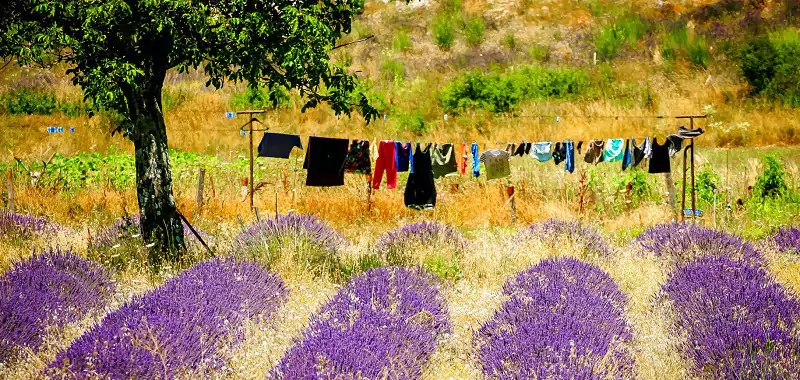
If you have to wash your clothes during your stay, do not be surprised if you cannot find the dryer. French people do not use them. Most of them consider it deteriorates or shrinks clothes. They usually have a drying rack or a simple cable to hang the clothes to dry outside. However, if you are doing your laundry at a laundromat, you will probably find some dryers there.
You are now an expert on French customs! In any case, do not worry about making a cultural faux pas when visiting France. Although French people have the reputation of being rude, it is a preconceived idea. Most of them will be happy to help you if you have a question as long as you are polite. Explore other articles on our blog to learn more about France, whether it is gastronomy or places to put on your bucket list!



